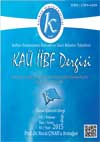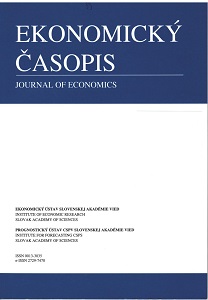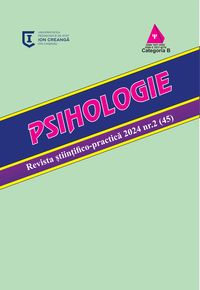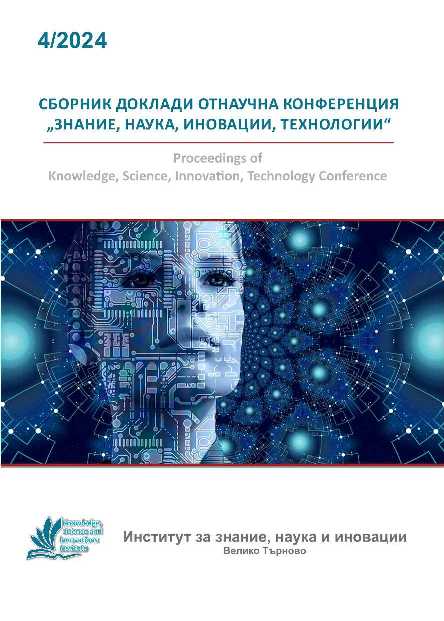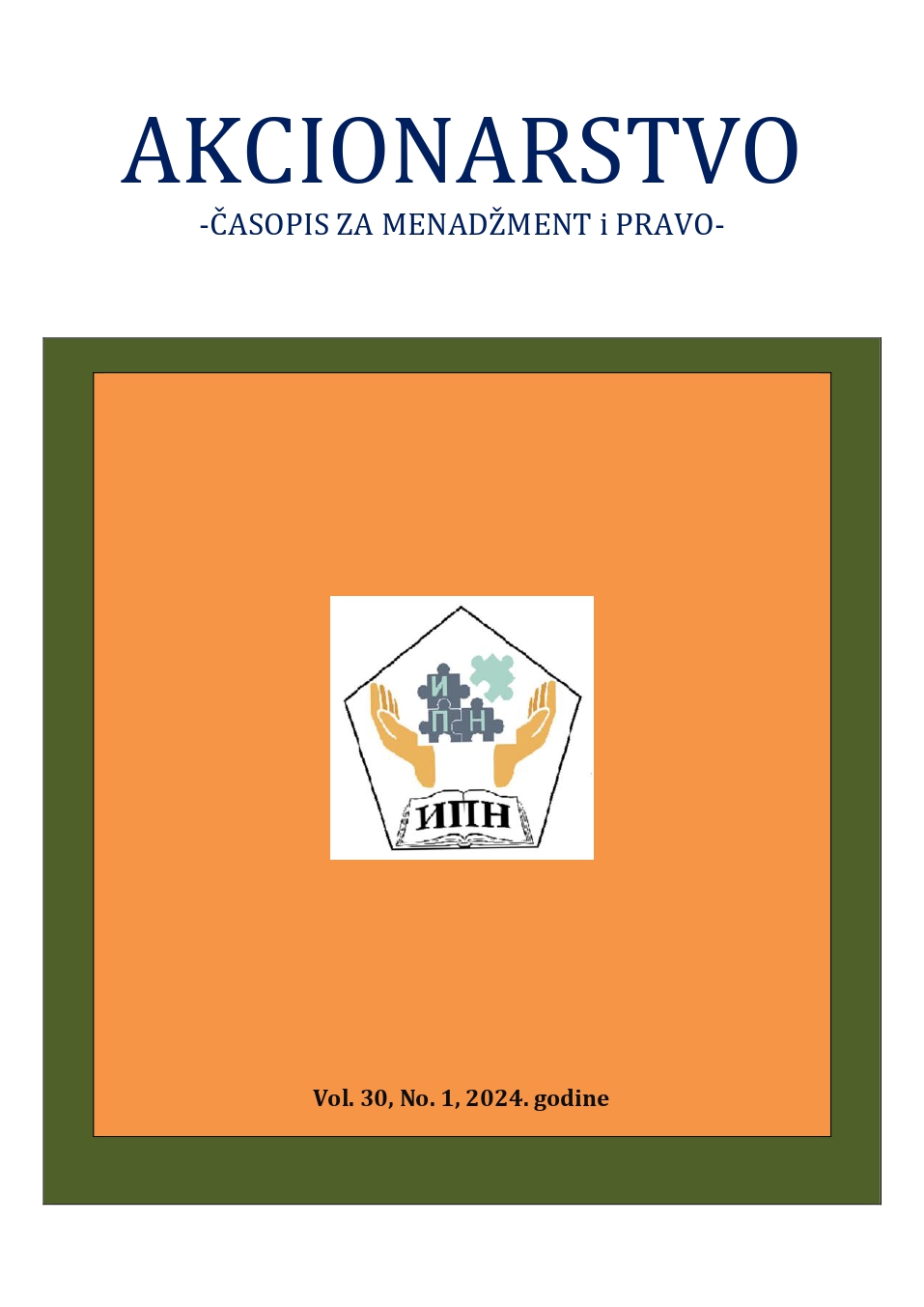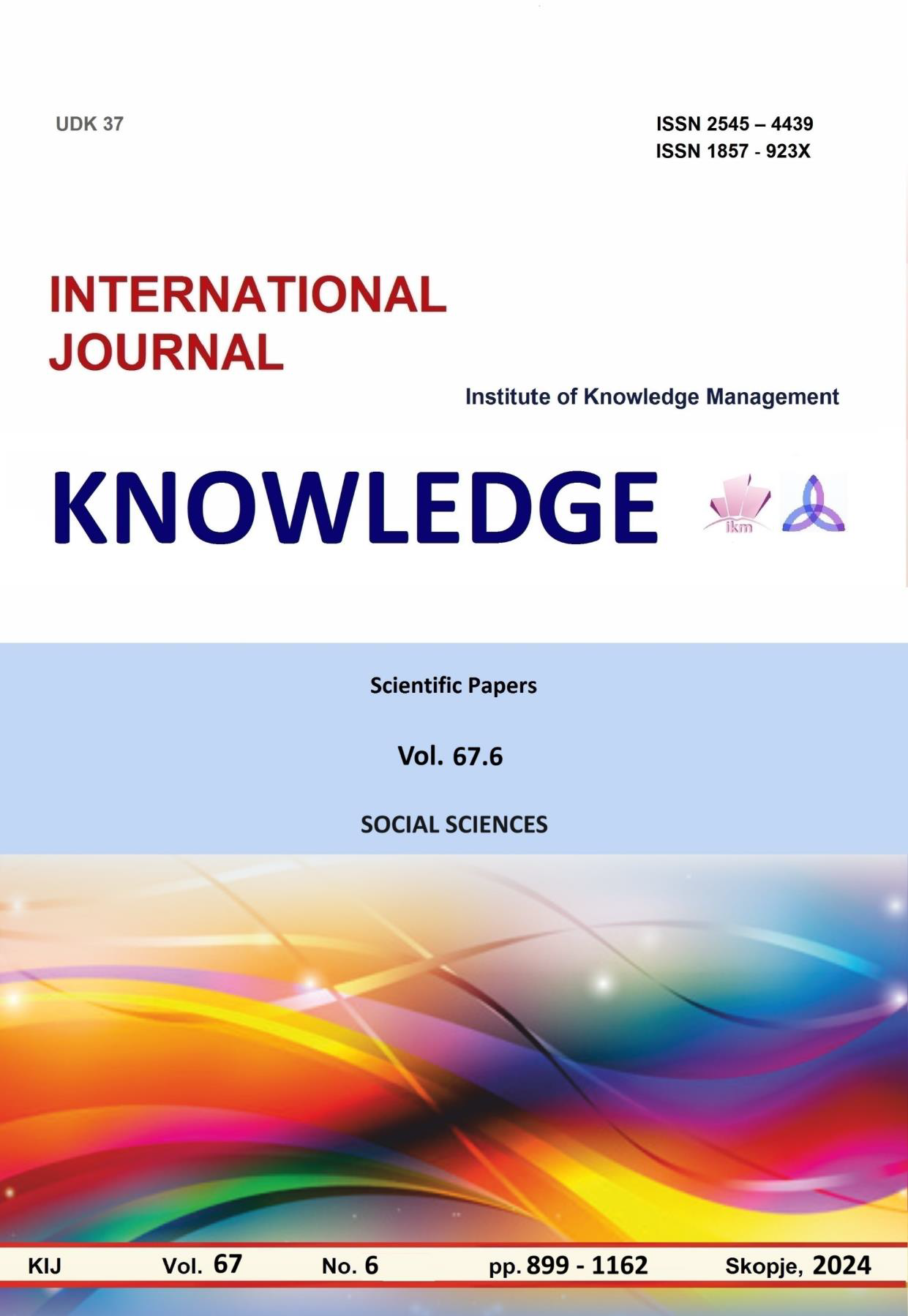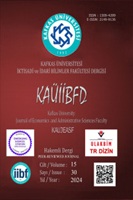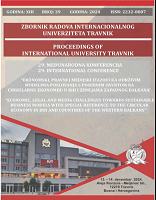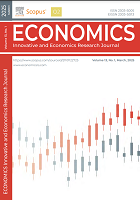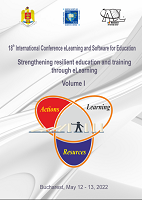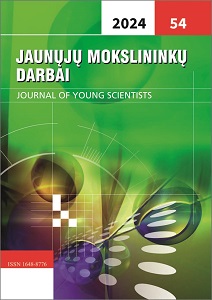Author(s): David Filippos Vakouftsis / Language(s): English
Issue: 1/2024
This literature review aims to explore the underlying mechanisms that drive employee loyalty, focusing on how organizations can improve staff retention. Given the substantial cost and organizational disruption caused by high turnover rates, understanding the factors that contribute to long term employee commitment is critical. The review synthesizes research on employee retention strategies, with particular emphasis on motivational theories, organizational culture, leadership styles, and reward systems as key determinants of loyalty. The methodology employed a literature review of scholarly articles, empirical studies, and industry reports published over the past two decades. Sources were selected based on their relevance to staff retention mechanisms, employee loyalty, and human resource management strategies. The findings indicate that a combination of intrinsic factors, such as job satisfaction, personal growth opportunities, and a positive work life balance, significantly influence employee loyalty. Extrinsic factors, including competitive compensation, clear career progression, and recognition, also play a vital role in retention. Leadership styles, particularly transformational leadership, and a supportive organizational culture were identified as strong predictors of employee commitment. Additionally, the psychological contract between employers and employees emerged as a crucial element, where perceived breaches result in higher turnover rates. A balance of both intrinsic and extrinsic rewards is necessary to foster long term loyalty. So, the literature reveals that employee loyalty is driven by a multifaceted set of factors, including intrinsic motivation, leadership, workplace culture, and appropriate reward systems. A successful retention strategy requires organizations to address both the emotional and practical needs of their employees. Employers who fail to nurture an environment that supports employee engagement and development are likely to face higher turnover, while those that invest in these areas tend to see greater staff retention and loyalty. Based on the findings, organizations should adopt a holistic approach to staff retention by combining strategies that address both intrinsic and extrinsic employee needs. Key recommendations include fostering a positive and inclusive organizational culture, providing leadership development programs that promote transformational leadership, and ensuring that compensation and rewards are competitive and aligned with employee expectations. Regular feedback mechanisms, career development opportunities, and work life balance initiatives should also be integrated into retention strategies to enhance employee loyalty and reduce turnover. Further research is recommended to explore the long term effects of specific retention strategies across different industries.
More...

